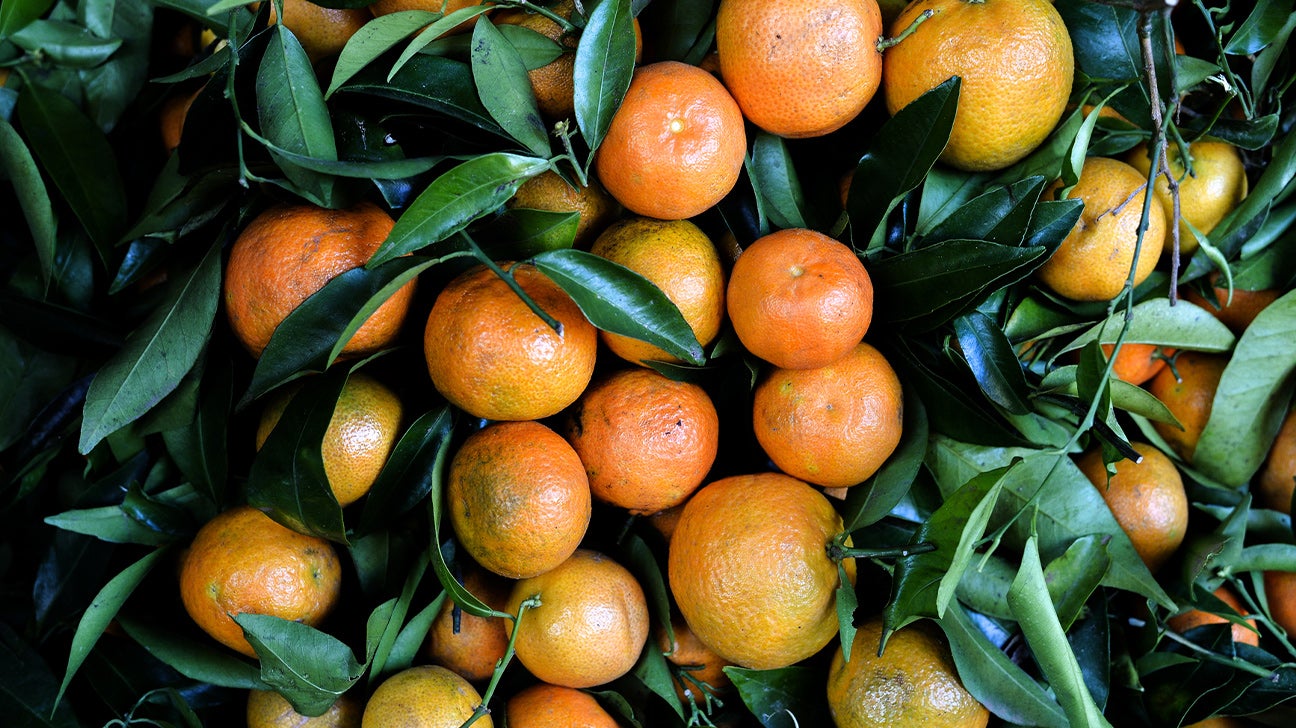

They are also a popular ingredient in marmalade. Tangerines can be eaten fresh, used in salads or desserts, or juiced. Avoid any fruit that is bruised or has wrinkled skin. When choosing tangerines, look for fruits that are heavy for their size and have bright, smooth skin. Tangerines are grown in warm climates around the world, and they are a popular winter fruit in the United States. Tangerines are typically smaller and more oval in shape than oranges, and their skin is easier to peel. It is distinguished from the orange by its deep red color and slightly more tart flavor. Orange: Oranges are packed with several types of antioxidants, which can protect against heart disease, while citric acid may prevent the formation of kidney stones.Tangerine is a citrus fruit that is closely related to the orange.

Clementine: Vitamin C in clementine prevents premature aging by fighting against free radicals and promoting collagen production.Tangerine: Tangerines are great sources of vitamin C, like all citrus, but they also contain a good amount of fiber, to help with digestion, and potassium, which supports muscle repair and low blood pressure.It contains 18% of your daily recommended fiber supply and is a great source of vitamin C, thiamin, folate, and potassium. Orange: A medium-sized orange contains around 47 calories, with roughly 11 grams of carbs and 9 grams of sugar.It also has 60% of your daily recommended vitamin C dosage. Clementine: A small clementine has 35 calories, with approximately 7 grams of sugar and 9 grams of carbs.Tangerine: One small tangerine contains around 40 calories, with 7 grams of sugar and 9 grams of carbs.Orange: Oranges are not as tart as grapefruit, but not as sweet as mandarins.Clementine: Clementines are the sweetest of the mandarins, and seedless.Tangerine: Tangerines are not as tart as oranges, but not as sweet as mandarins either.They tend to be lighter in color, with a tough skin. Orange: Oranges are second in size only to grapefruits.



 0 kommentar(er)
0 kommentar(er)
